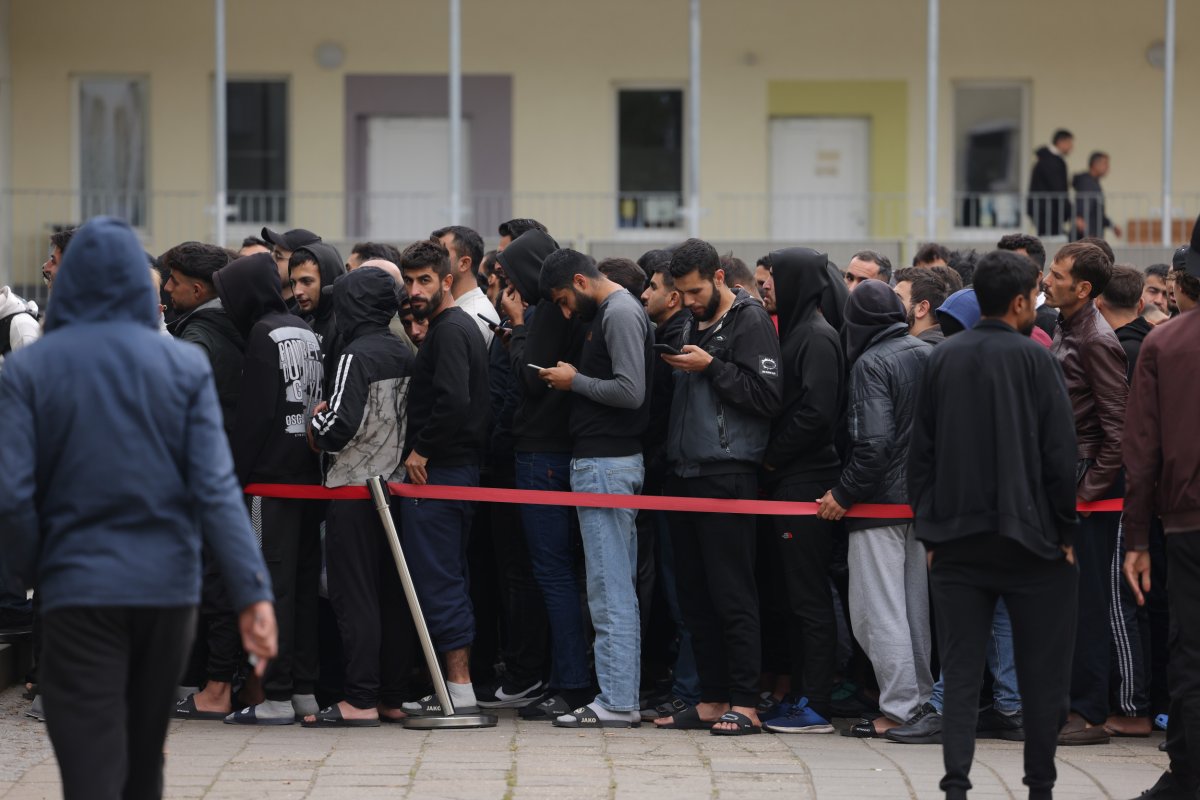The fall of Bashar al-Assad’s regime in Syria after 13 years of civil war has prompted significant changes in migration policies across Europe, with Austria, Belgium, France, Greece, Germany, and the U.K. revising their approaches to Syrian asylum seekers.
Austria’s Interior Minister Gerhard Karner announced plans to prepare a deportation program for Syrian migrants, while Germany and other countries have paused asylum applications. These decisions follow the rapid overthrow of Assad’s government by rebel factions led by Hayat Tahrir al-Sham (HTS), a group considered a terrorist organization by Western nations.
Anti-immigrant sentiment, driven by the rise of far-right parties, appears to be influencing these policy shifts. In Germany, where snap elections loom, asylum applications for 47,000 Syrians have been frozen. Similarly, Greece and Belgium have halted the processing of thousands of Syrian applications, citing an inability to cope with the influx. France has also signaled plans to suspend asylum requests from Syrian nationals, reflecting broader EU challenges in accommodating migrants.

European Migration Policies Shift as Assad’s Fall Redefines Syrian Asylum and Repatriation Challenges
The civil war in Syria, which erupted in 2011 during the Arab Spring, has displaced millions, with over 4.5 million Syrians fleeing to Europe. The influx, particularly during the peak years of the conflict, strained European resources and fueled political tensions. Even before Assad’s fall, countries like Cyprus had paused Syrian asylum applications, and Italy led efforts to normalize relations with Syria to facilitate deportations. These moves align with broader EU discussions on migration and border management.
With HTS now controlling Damascus, European countries face complex dilemmas. While considering tighter migration policies, the EU has refused to engage with HTS due to its terrorist designation. This stance raises questions about the viability of deportation plans and the implications for international relations. The U.K. Home Office, for example, has paused Syrian asylum claims to assess the evolving situation, reflecting widespread uncertainty about the path forward.
European leaders express cautious optimism about the possibility of returning refugees to Syria. Greek officials highlight hopes for stability and democratic normalization in Syria as a basis for repatriation efforts. However, the involvement of HTS and the legacy of Assad’s regime complicate these aspirations, leaving Europe grappling with the dual challenges of migration management and maintaining alignment with broader geopolitical and human rights considerations.











































